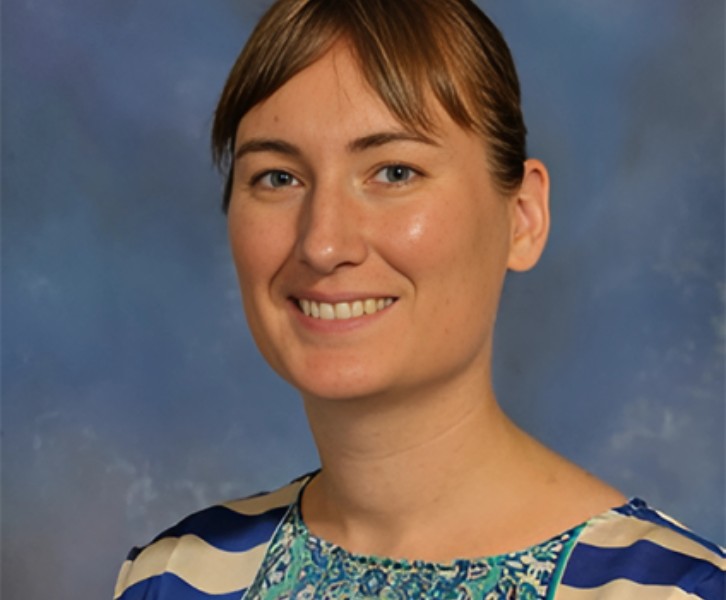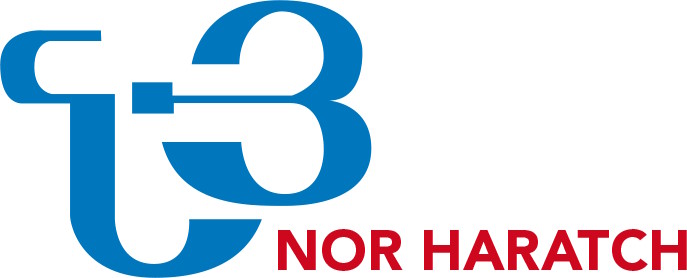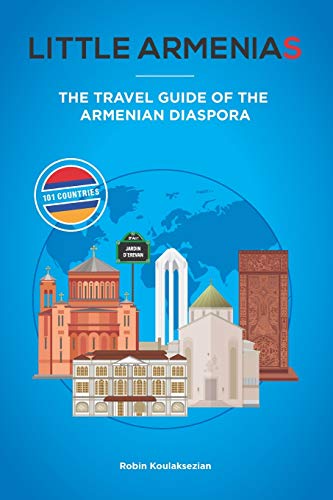CAS Guest Lecture. Unknown Land: Armenian Studies in the Context of Acentric Medieval History
Center for Armenian Studies

Lecture Abstract: Can we bring together Persian poetry, Georgian romance, Shi'i ḥadīth collections, Greek patriography, Arabic conquest narrative, Hebrew correspondence, Syriac history, and Armenian hagiography to the same page? What happens if we embrace the complexities of medieval sources and reject any single organizational schema such as academic field, (discipline?) language, chronology, religion, or genre? This talk presents an acentric and collagic model for thinking about medieval history, shorn of ingrained modern hierarchies that we typically use to organize the past. It presents descriptions of medieval marriage to demonstrate the methodological opportunities of challenging linear organizational models. In particular, it reveals what this type of history can offer to the field of Armenian studies, moving past the liminality implied in the “between Byzantium and Islam” or “between Rome and Iran” paradigms.
Speaker Bio: Alison M. Vacca holds the Gevork M. Avedissian Chair in Armenian History and Civilization at Columbia University, where she teaches courses related to early Islamic and medieval Armenian history. Her work relies on Arabic and Armenian sources to explore Armenia and Caucasian Albania under the rule of the Umayyad (r. 661-750) and ʿAbbasid (r. 750-1258) Caliphates. She recently published An Armenian Futūḥ Narrative, co-authored with Sergio La Porta, which received the Best Edition and Translation book award from the Mediterranean Studies Seminar.
Zoom Webinar ID: 930 2649 2938
https://umich.zoom.us/j/93026492938
Co-sponsors:
National Association for Armenian Studies and Research (NAASR)
Accommodation: If there is anything we can do to make this event accessible to you, please contact us. Please be aware that advance notice is necessary as some accommodations may require more time for the university to arrange.
Email: -- armenianstudies@umich.edu
Armenian events around the world
- Armenian events in United States
- Armenian events in United Kingdom
- Armenian events in Armenia
- Armenian events in France
- Armenian events in Lebanon
- Armenian events in Switzerland
- Armenian events in Canada
- Armenian events in Cyprus
- Armenian events in Germany
- Armenian events in Uruguay
- Armenian events in Bulgaria
- Armenian events in Australia
- Armenian events in Italy
- Armenian events in Hong Kong
- Armenian events in Brazil
- Armenian events in Denmark
- Armenian events in Poland
- Armenian events in Austria
- Armenian events in Spain
- Armenian events in Argentina
- Armenian events in Netherlands
- Armenian events in Belgium
- Armenian events in United Arab Emirates

